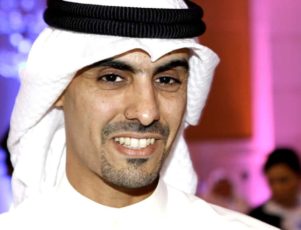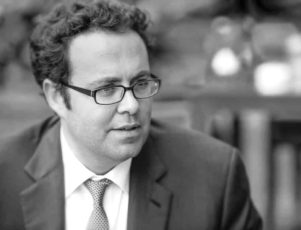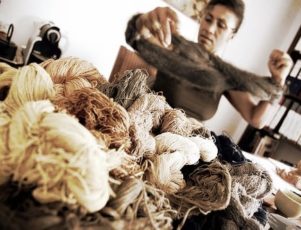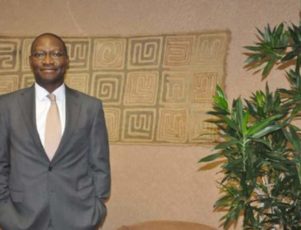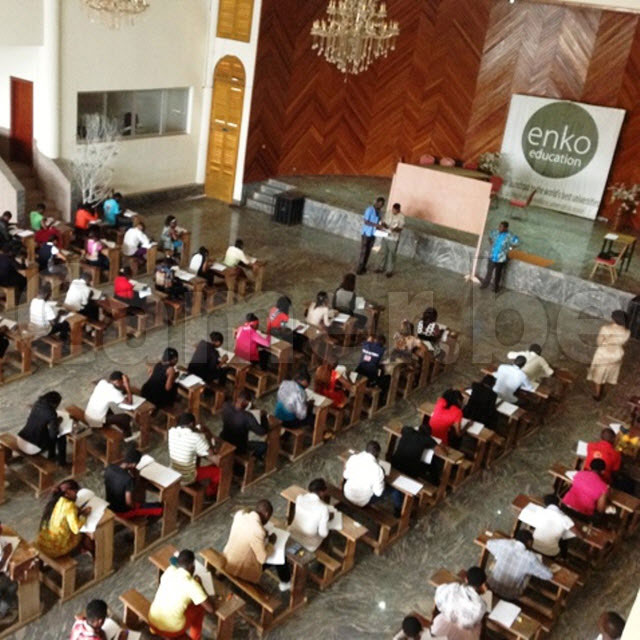Meet the face of Google in French-speaking Africa
Senegalese Tidjane Dème, 41, is working with Google to unlock affordable broadband access for Africa. Dème has worked for the giant global internet search and advertising giant since 2009.
Google recruited him to be its lead for Francophone Africa in Dakar well before most Africans had regular access to the internet, he noted, and Google understood that.
“Their approach was: ‘In a few years, Africa will be ready. It will be a big business opportunity for us,’” Dème recalled.
He said Google had also decided it didn’t want to recruit an expatriate for the job. Instead they were looking for someone with tech skills, with knowledge of the region and experience working in it.
“For them, that combination was necessary to develop their activities in the region.”
Tech education, experience
With European studies in technology, a stint working in Silicon Valley in the United States, and a record of entrepreneurship in Senegal, Dème fit the bill.
After high school in Dakar, a scholarship enabled him to continue his studies in France. He studied science at the prestigious Ecole polytechnique in Paris, where he discovered programming and computer studies. He went on to do specialized studies in telecommunications and information technology at the National College of Advanced Techniques, also in Paris.
From there, Dème worked as a consultant to Cap Gemini, one of the first information technology firms in France.
At Cap Gemini, “I was often the youngest, most inexperienced in a position where I could learn a lot from my colleagues,” he said.
Witness to the dot.com boom, bust
Then he joined a U.S. telecom start up with an office in Paris, which led to a job in Silicon Valley and a close-up view of the internet boom of the early 2000s.
“There was still a lot of energy and innovation in the Valley, but the bubble was about to burst,’’ he recalled.
After a few years, he returned to Senegal to start his own company. Actually, he attempted to start several companies but none took off.
Learning from failure
The lesson of failure? “It was necessary for someone like me who wanted to do entrepreneurship, innovation. You come out of a certain academic background and an early career that makes you believe you belong to a certain elite. It is a very good thing to discover your limits and learn to work with people who complement you.”
He also worked as a tech consultant in Dakar. In this role, in 2008, he met Google officials who wanted to launch a push in Africa from an office in Dakar.
Skeptical of Google
“At first I was very skeptical because I figured they would immediately try to market their products,” he said. “But they just asked what can be done to develop a dynamic, open internet for Africa.”
That convinced him to take the job.
Since joining Google, Dème has focused on fostering a technological community that can develop local content and supporting development of startups that ultimately will drive internet access and adoption. He also directs a Google team working on encouraging infrastructure investment in Africa.
Expense is a barrier to access
According to Internet World Stats, less than 30 percent of the population of Africa had access to the internet in 2015.
A May report by the World Economic Forum said affordability of broadband and equipment was a major hurdle to greater internet adoption in Africa.
Other obstacles are lack of skills and lack of understanding of the economic value of internet access, the report said. Finally, many African countries would require massive investment in infrastructure to assure affordable access to citizens.
But Dème is helping to change that. He sees a bright technological future on the continent – Africa will surprise the rest of the world.
“People underestimate the capacity of Africans … to use tools solve problems in their lives. It is the same for the internet and for every new technology that comes along.”

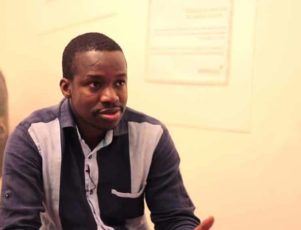


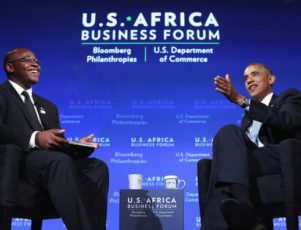

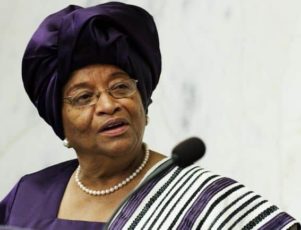
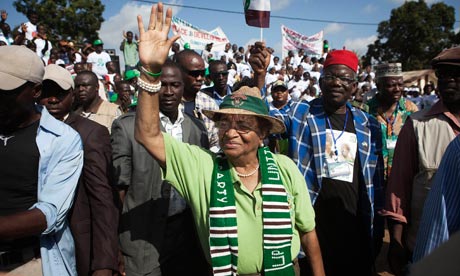 The end of the civil war in 2003 marked Sirleaf’s return to the country and her rise to real power and prominence. A transitional government was established with Sirleaf serving as Head of the Governance Reform Commission. She then stood for the presidency in the hotly contested general election of 2005. Sirleaf managed to best the popular candidate, footballer George Weah, and secure the leadership. Sirleaf later went on to win a second term in office in 2011. She accepted the Nobel Peace Prize just four days before announcing running for a second term, the timing of which was heavily criticized by her opponents.
The end of the civil war in 2003 marked Sirleaf’s return to the country and her rise to real power and prominence. A transitional government was established with Sirleaf serving as Head of the Governance Reform Commission. She then stood for the presidency in the hotly contested general election of 2005. Sirleaf managed to best the popular candidate, footballer George Weah, and secure the leadership. Sirleaf later went on to win a second term in office in 2011. She accepted the Nobel Peace Prize just four days before announcing running for a second term, the timing of which was heavily criticized by her opponents.